Chronic Constipation Symptoms: When Is It a Serious Problem?
May 30, 2025
Most of us have faced constipation at some point—feeling bloated, uncomfortable, and frustrated. But when constipation sticks around for weeks or keeps coming back, it may be more than just a temporary issue. This condition is called chronic constipation, and recognizing its symptoms early can help you avoid bigger health problems down the road.
In this blog, we’ll walk you through what chronic constipation is, its symptoms, causes, warning signs, and when it’s time to see a doctor. Let’s break it down in simple terms.
What Is Chronic Constipation?
Chronic constipation refers to infrequent or difficult bowel movements that persist for several weeks or longer. Normally, most people have at least three bowel movements per week. If you’re having fewer than that regularly, or if passing stool becomes a struggle every time, you may be dealing with chronic constipation.
It’s not just about how often you go, but also about how you feel when you go. The common chronic constipation symptoms include:
- Hard, lumpy stools
- Excessive straining while passing stool
- Feeling like you can’t completely empty your bowels
- Abdominal bloating and discomfort
- Feeling of rectal blockage
- Nausea and fatigue
- Painful bowel movements
- Passing stool less than 3 times a week
If any of these sound familiar and have been bothering you for weeks, it’s important to pay attention.
What Causes Chronic Constipation?
Chronic constipation can result from various causes. Let’s look at some of the most common reasons:
Low Fiber Diet
Fiber helps add bulk to your stool, making it easier to pass. A diet lacking in fruits, vegetables, and whole grains can contribute to constipation.
Dehydration
Water keeps your stool soft. Without enough fluids, stools can become dry and hard, making them difficult to pass.
Sedentary Lifestyle
Physical activity stimulates your digestive system. A lack of movement can slow things down, increasing your risk of constipation.
Medications
Certain medicines such as painkillers (opioids), antidepressants, iron supplements, and antacids containing calcium or aluminum can cause constipation as a side effect.
Medical Conditions
Several health issues can lead to chronic constipation, including:
- Irritable Bowel Syndrome with Constipation (IBS-C)
- Hypothyroidism (underactive thyroid)
- Diabetes
- Neurological disorders (Parkinson’s disease, multiple sclerosis)
- Pelvic floor dysfunction
- Hormonal imbalances, especially during pregnancy or menopause
Identifying the root cause is key to finding the most effective chronic constipation treatment.
When Is Constipation a Serious Problem?
While most cases of constipation are minor and temporary, sometimes they can signal more serious health concerns. So, when is chronic constipation dangerous? Pay attention to these red flags:
- Severe abdominal pain that doesn't go away
- Rectal bleeding or blood in stool
- Unexplained weight loss
- Persistent fatigue and weakness (may indicate iron deficiency anemia)
- Sudden, dramatic changes in your bowel habits
- Vomiting or signs of an intestinal obstruction
- Family history of colon cancer or other gastrointestinal disorders
If you experience any of these symptoms alongside chronic constipation, it’s crucial to consult a doctor right away. Early diagnosis can rule out serious conditions like colon cancer and help you get the right treatment in time.
How Is Chronic Constipation Diagnosed?
When you visit your doctor, they will start by asking detailed questions about your medical history, lifestyle, and bowel habits. Some of the tests they may recommend include:
- Blood tests to check for thyroid function, diabetes, or anemia
- Colonoscopy to examine the colon for blockages or polyps
- Imaging tests such as X-rays, CT scans, or MRI
- Anorectal function tests to evaluate muscle coordination during bowel movements
An accurate diagnosis ensures proper treatment and helps prevent long-term complications.
Treatment Options for Chronic Constipation
The good news is that chronic constipation treatment is often highly effective, especially if started early. Treatment usually includes a combination of lifestyle changes and medical therapies.
Lifestyle Modifications:
- Increase Fiber Intake: Aim for at least 20-35 grams of fiber daily through fruits, vegetables, whole grains, and legumes.
- Stay Hydrated: Drinking 8-10 glasses of water a day helps soften stool.
- Exercise Regularly: Activities like walking, yoga, or swimming can stimulate bowel movements.
- Create a Routine: Try to use the restroom at the same time each day to train your body.
- Don’t Ignore the Urge: Go to the bathroom when you feel the need to avoid stool hardening.
Medical Treatments:
- Fiber Supplements (psyllium, methylcellulose)
- Stool Softeners (docusate sodium)
- Laxatives (osmotic, stimulant, or bulk-forming types—always under doctor supervision)
- Probiotics to promote healthy gut bacteria
- Prescription Medications that stimulate bowel function
In severe cases where other treatments fail, surgical options may be considered to remove blockages or correct underlying structural issues.
Can Chronic Constipation Be Prevented?
Yes! Small changes in your daily routine can go a long way in preventing chronic constipation:
- Maintain a balanced, fiber-rich diet
- Stay hydrated
- Engage in regular physical activity
- Monitor medications that may affect bowel movements
- Manage underlying health conditions like diabetes or thyroid disorders
- Avoid excessive use of laxatives unless advised by your doctor
Final Thoughts
Chronic constipation may seem like a minor issue, but it can impact your daily life and overall health. The key is to recognize chronic constipation symptoms early and take action before it leads to serious complications. Remember, you don’t have to suffer in silence. Medical treatments and lifestyle changes can make a big difference.
If you're struggling with persistent constipation, don’t wait. Consult a healthcare professional and get the help you need for better digestive health.
Frequently Asked Questions (FAQs)
How long is too long to go without pooping?
A. If you haven’t had a bowel movement in more than 3 days and are experiencing discomfort, it's a good idea to consult your doctor.
Can chronic constipation cause other health problems?
A. Yes. Chronic constipation can lead to hemorrhoids, anal fissures, rectal prolapse, and even intestinal obstruction if left untreated.
Is chronic constipation a sign of cancer?
A. While most constipation is not cancer-related, persistent constipation accompanied by alarming symptoms like weight loss, blood in stool, or anemia should be evaluated to rule out serious conditions like colon cancer.
When should I see a doctor for constipation?
A. If constipation persists for more than 3 weeks, or if you experience any warning signs like bleeding, severe pain, or unexplained weight loss, seek medical attention.




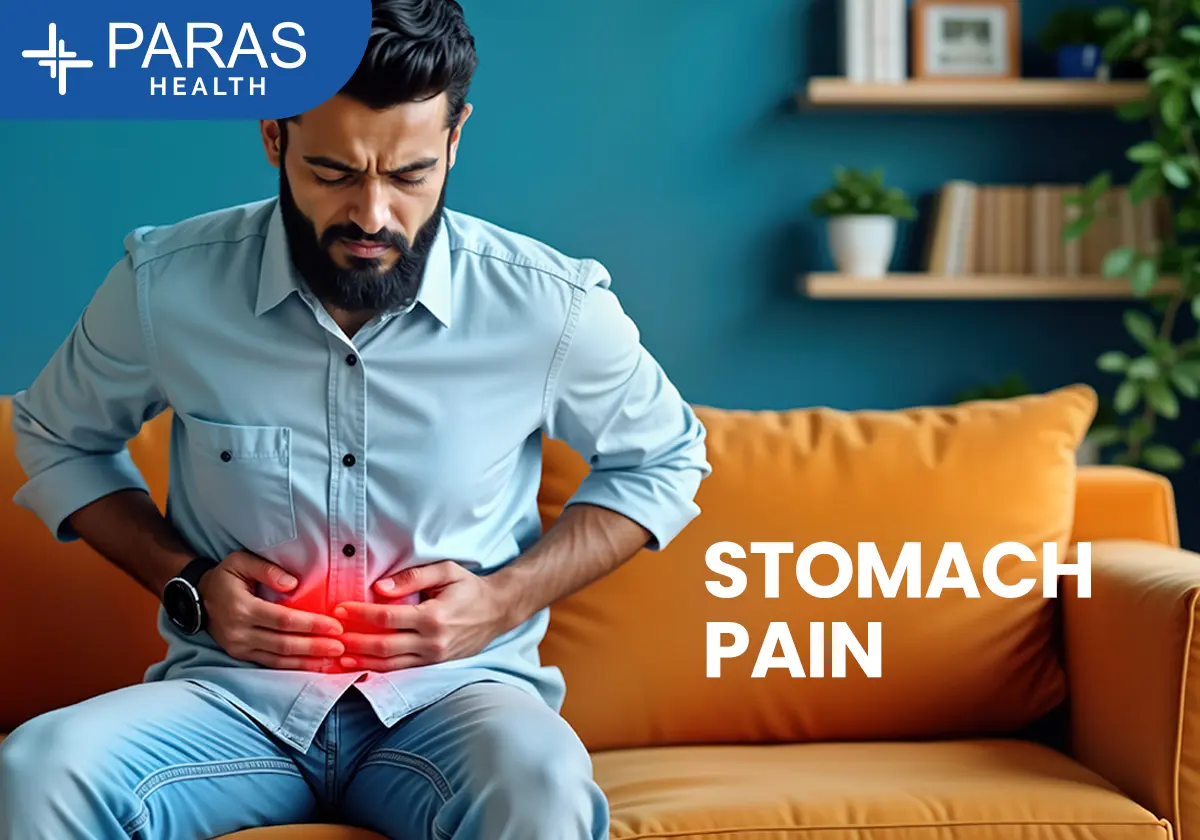
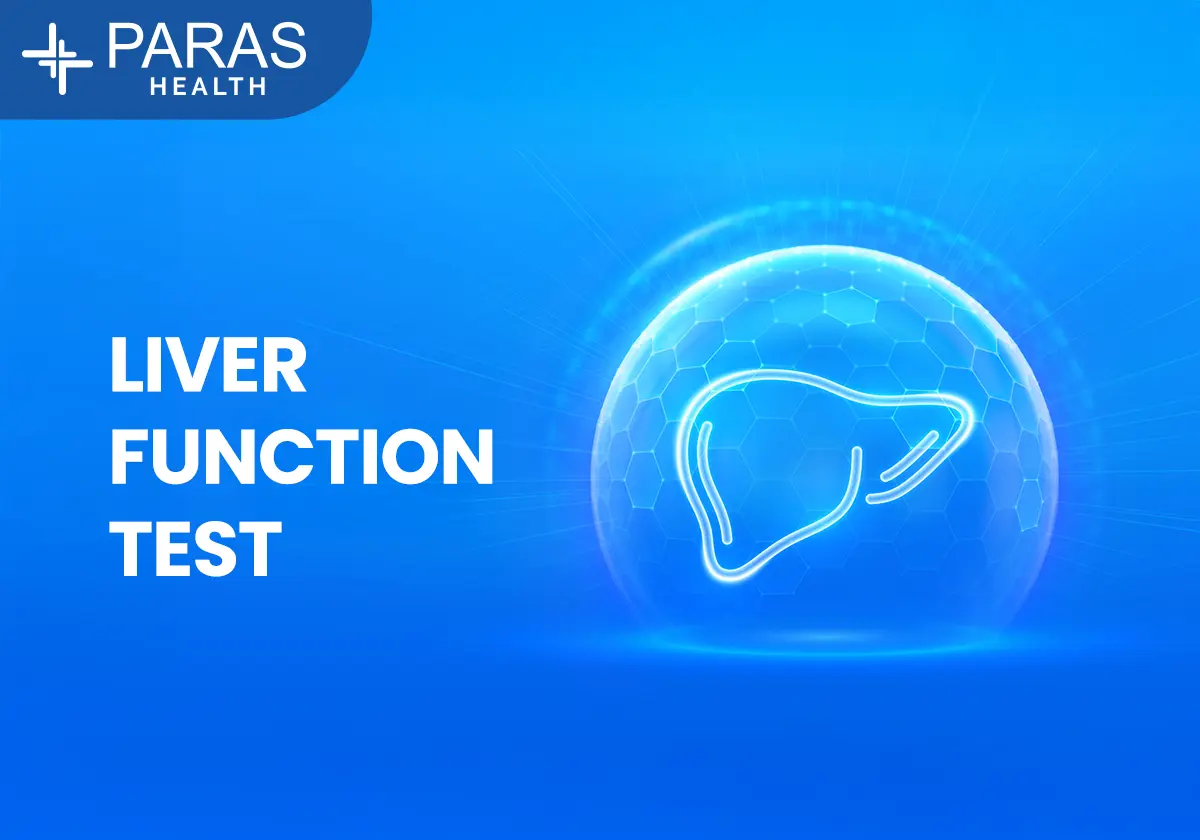
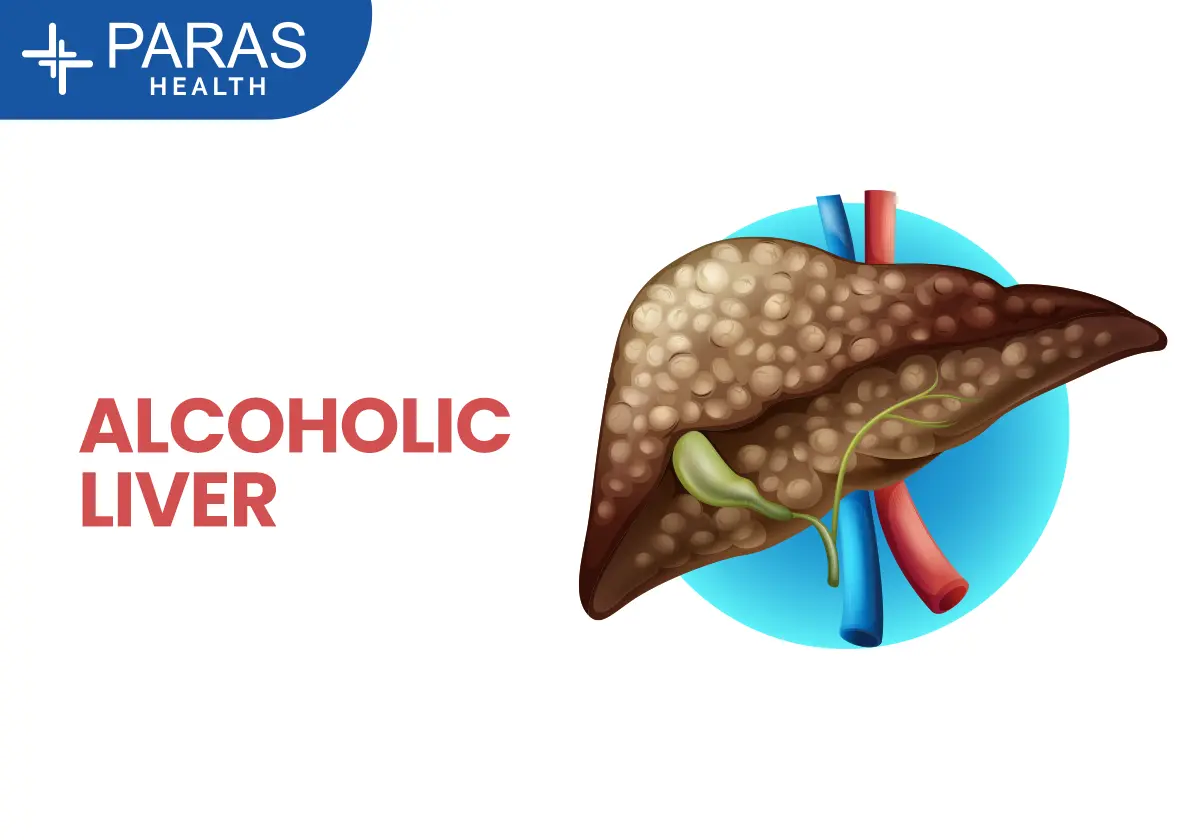
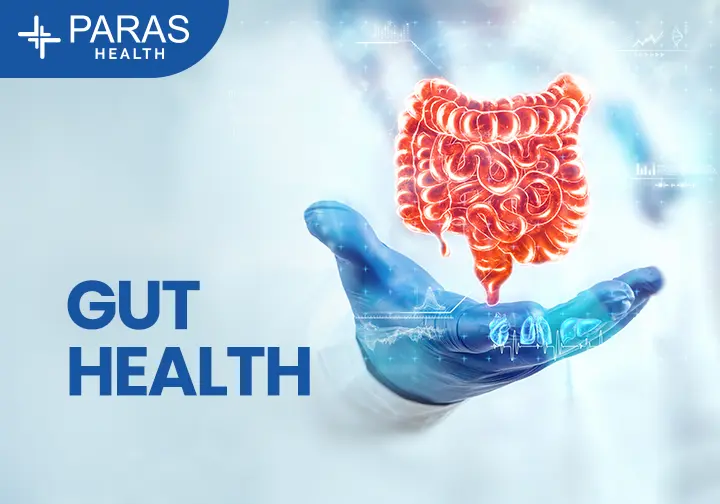
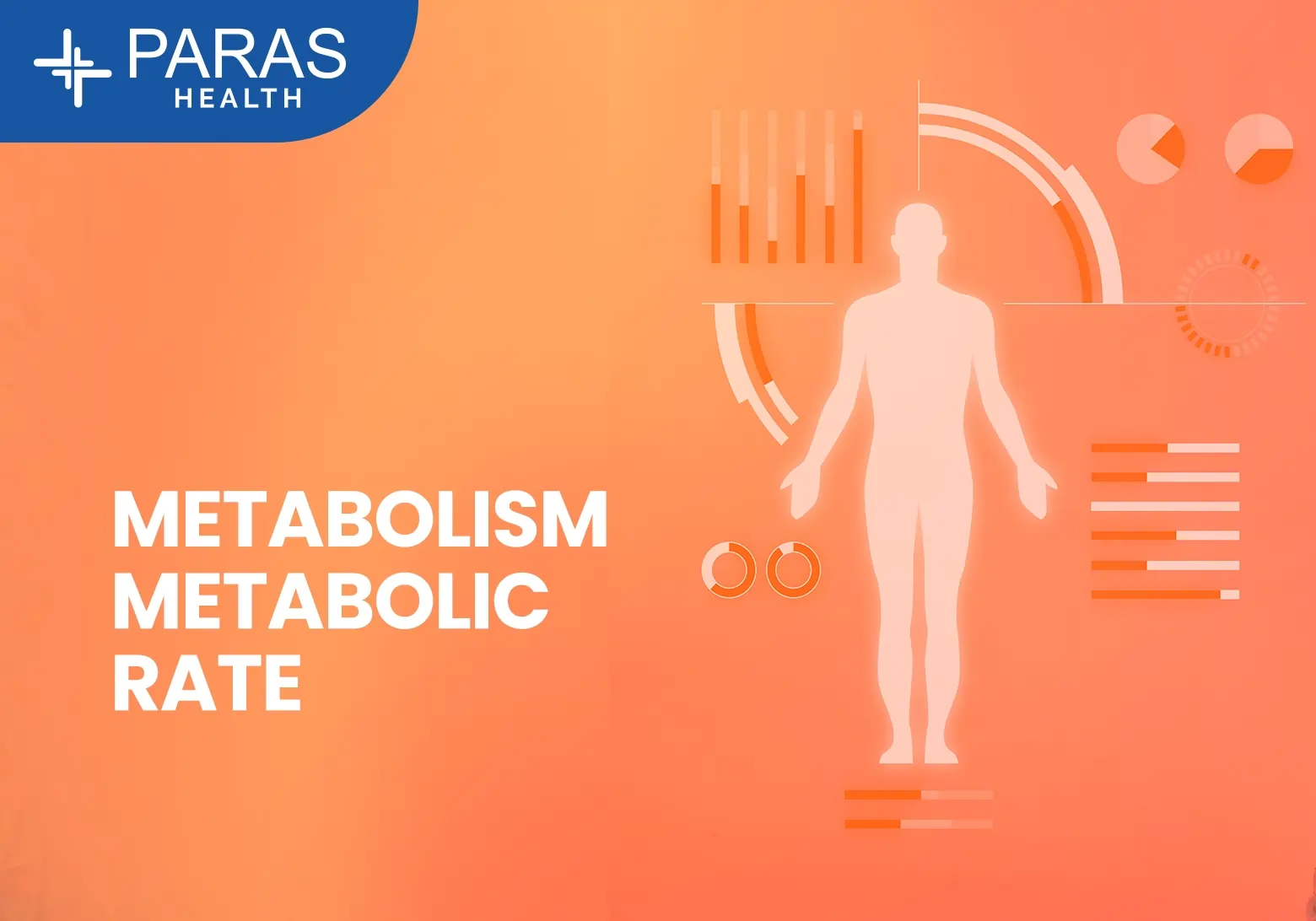
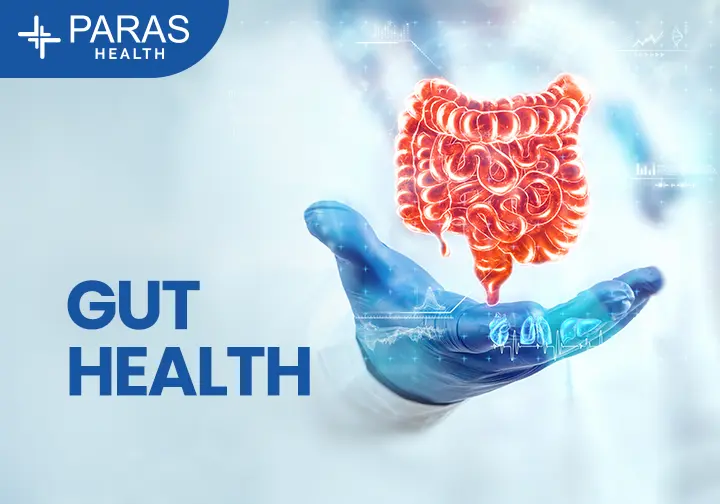
 Infectious Diarrhea Eng.webp)